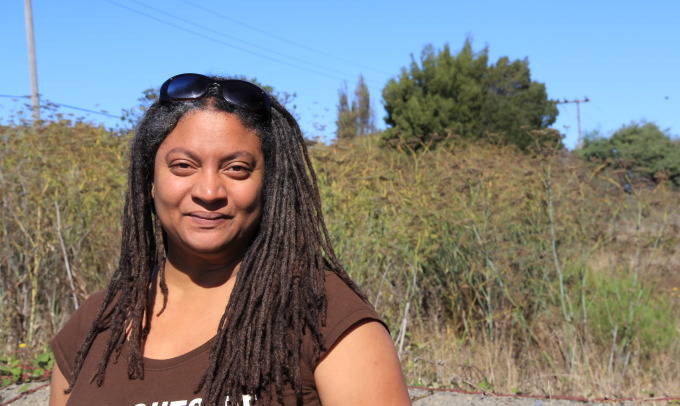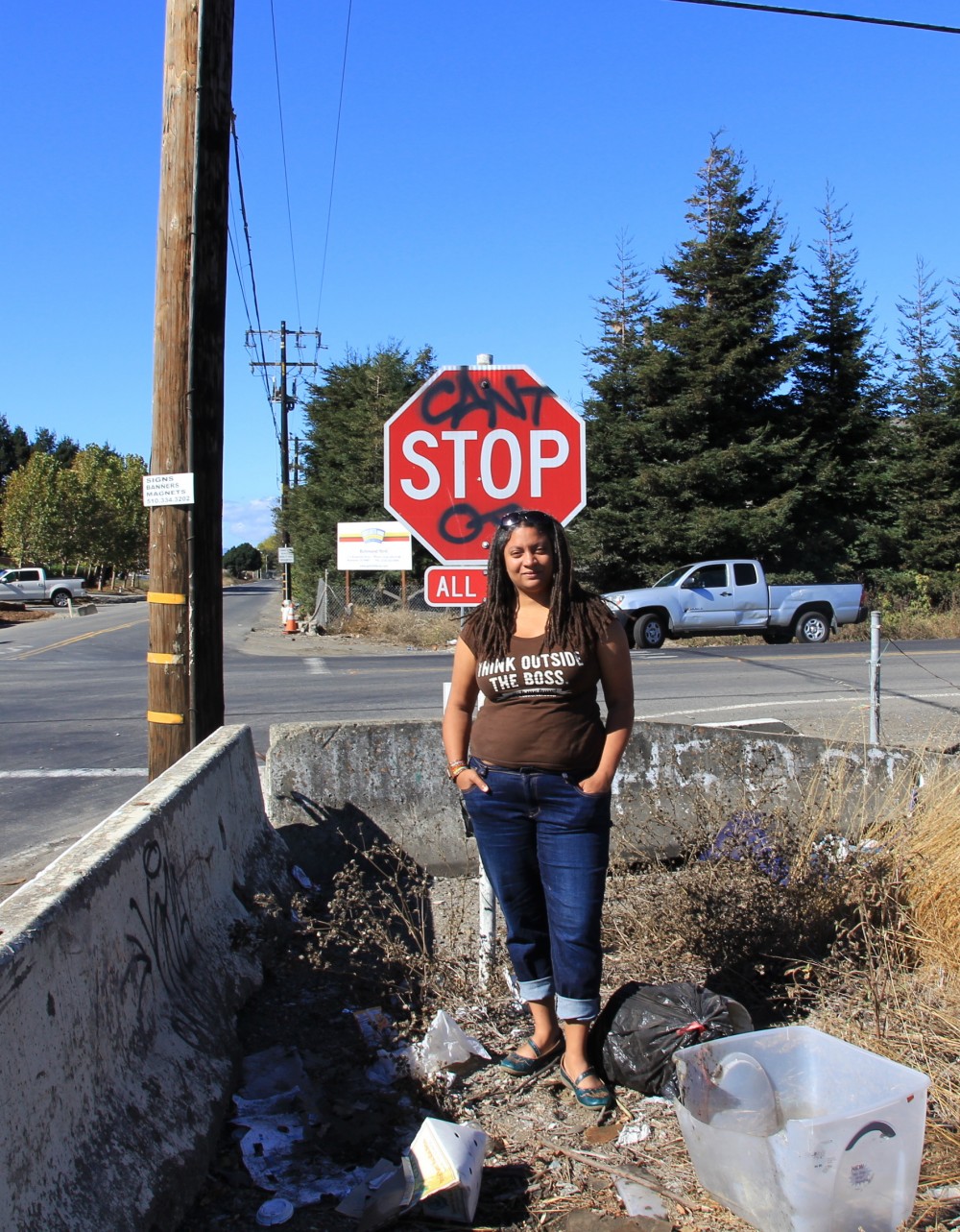
By Adrien Schless-Meier, Civil Eats (1/19/15)
In 2012, the city of Richmond, California, garnered national attention when its residents voted down a ballot measure to impose a tax on sugary beverages. Groups like Dunk the Junk hoped the measure would significantly hamper the city’s growing obesity problem. Doria Robinson, executive director of Urban Tilth, saw the tax as an opportunity to invest in the health of her community.
Robinson emphasizes that low-income communities are often forced by budget constraints to invest only in the short-term, but something like the soda tax, which would have paid for youth sports and health education programs, could harness collective power little by little, culminating in a transformative change (voters in nearby Berkeley passed a soda tax in November 2014). “We have resources. We buy food every day. We can use those resources however we choose,” argues Robinson. “As a collective, if we all threw a little [money] in the pot, we can afford” to have a healthier future.
When she was growing up in Richmond, Robinson didn’t think much about where the food she ate might have come from, let alone how she might grow it herself. The city’s poverty level hovers around 18 percent and the overall and child food insecurity rates in Richmond’s congressional district are just under 14 percent and 21 percent, respectively. Until recently, Richmond had the ninth highest murder rate in the country, and much of the violence was inextricably linked to a lack of resources and opportunities in low-income neighborhoods.
It wasn’t until she landed at Hampshire College in western Massachusetts that Robinson learned about local food, quickly becoming a regular among the students who tended to the school’s small organic farm. As her involvement in farming grew, so did her exposure to alternatives to the industrial food system. She learned the ins and outs of running a community-supported agriculture (CSA) program, tried her hand in food retail, and eventually landed back in California at Veritable Vegetable, a San Francisco-based distribution company and certified B Corp that sells produce across the state. Working in distribution allowed Robinson to see the potential to dramatically shift a whole region or city’s relationship to food. Maybe, she thought, she could help that change take root in her hometown.
